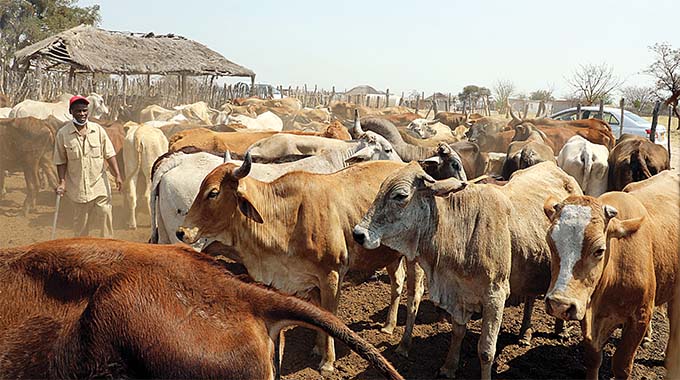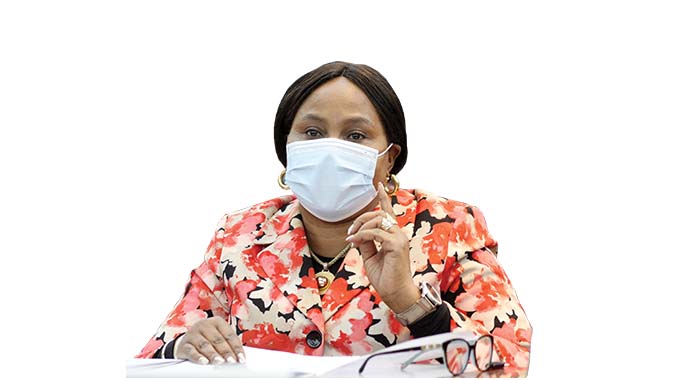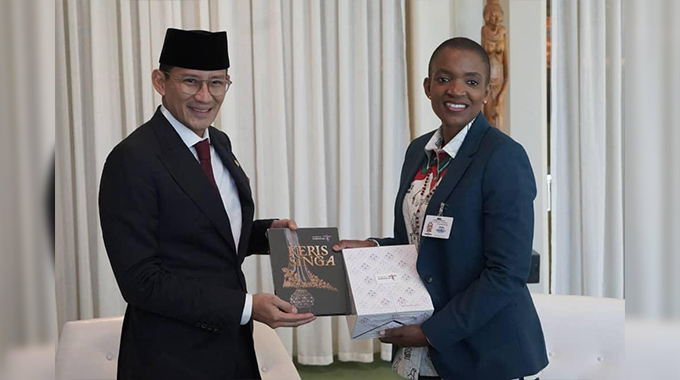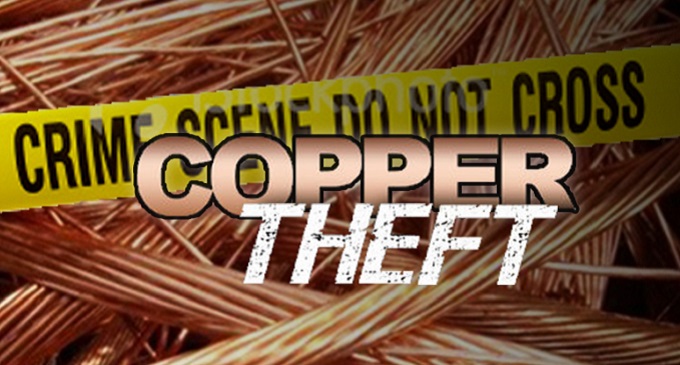From 20 cattle to 200 calves a year

Sukulwenkosi Dube-Matutu, Chronicle Reporter
For Mangwe-based farmer Mr Mkhulunyelwa Nkomo, daily one-by-one follow-ups on 500 cattle is a normal routine.
Starting with 20 cattle in 2000, his dream was always to become a striving livestock farmer.
Every year, he gets up to 200 calves and sells some of his cattle or slaughters for his two butcheries.
Recently, he sold up to 150 cattle to buy a rig as he embarks on a borehole drilling venture.
Mr Nkomo, popularly known as Mainline, also has about 160 goats.
He realised that he had limited space for his livestock and decided to rent space in three other neighbouring farms.
A Chronicle news crew visited his homestead in a resettlement area in Mangwe where he keeps 150 cattle. The news crew also visited Zareva Farm where Mr Nkomo keeps a herd of 120. He also has cattle at Hold Stock Farm and Mandalei Farm.
The livestock farmer said he applied for a farm to no avail.

Mr Nkomo said his journey as a livestock farmer began in 2001 when he only had a herd of 20.
“I am one of the farmers who benefited under the resettlement programme which started in 2000. I was allocated space at Hygrange Farm in 2001 together with other farmers. Our area is a villagised resettlement area which means that we have limited space. I always wanted to become a successful livestock farmer and I realised that I had to find a way to make this possible despite the limited land I had,” he said.
“In 2001 I had 20 cattle and as they multiplied, I saw it best to rent space in neighbouring farms where I could keep my cattle. At the moment I have 350 cattle, I had reached 500 but I recently sold more than 100 so that I could buy a rig in order start a borehole drilling business.”
Mr Nkomo who also runs two butcheries in Plumtree town said he pens his cattle in different kraals according to their purpose. He said he has a kraal for cattle that he is breeding for sale and cattle that he is breeding for slaughter for the butcheries.
He buys some of his cattle from the community while they are in poor condition and then feeds them and closely monitors them until they are ready for slaughter or sale.
“In livestock farming it’s important to monitor your herd closely on a daily basis. The problem is that some people neglect their cattle and their heads dwindle slowly. I stay where my cattle are and I monitor my herd on a daily basis. I expect my workers to account for each and every beast. If a beast goes out in the morning, I expect it to come back.
When a beast is ill, I supervise it and monitor it until it recovers,” he said.
“For me losing a single beast is a huge loss. In some cases I would have lost a beast that could have supplied me with calves. When I buy cattle from the community, I first put them in their own kraal and I first deworm them and gradually introduce them to stockfeed until they get used to it before I integrate them.”
Mr Nkomo said in a year he gets about 200 calves. He said it was important to closely monitor in-calf cows as many could be lost during that stage.
Upon realising that a beast is in-calf he inspects its udder in order to determine whether it is due. He said if a cow which is in-calf is in a poor condition, he pens it in a kraal and feeds and monitors it until it recovers.
“One of the things that causes one’s cattle numbers to dwindle is death of cows or calves during delivery. If a calf is too big it may be stuck and the cow may fail to deliver it on its own. In such a case the cow has to be assisted to deliver the calf. If the calf gets stuck while its mother is trying to deliver while in the bush both the mother and calf may die hence it’s important for it to be monitored.
“If a cow delivers in the bush, it’s vulnerable and it can be attacked by wild animals together with its calf that’s why it’s important that it delivers in the kraal,” he said.

Mr Nkomo said it was also important to deworm and dip cattle on a regular basis. He said for each beast that he buys he first deworms it and dips it before integrating it with the rest of his herd.
Mr Nkomo said his cattle have never been affected by drought as he ensures that he sells some of his beasts in order to buy stockfeed. He said he always ensures that his beasts are in good condition before he slaughters them for the butchery or before selling them.
Mr Nkomo also runs Mainline Cattle Sale Pens. He said plans are underway to open an abattoir and stock feed manufacturing warehouse near his homestead. He said he had bought the land and was in the process of mobilising equipment and raw materials in order to start the businesses.
Plans are also underway to start a borehole drilling business. He also runs a poultry project. In 2014, Mr Nkomo got an award for being the best farmer in Matabeleland South Province for outstanding work in both livestock and crop production.
He said in 2010 he was also named farmer of the year at provincial and national level.-@DubeMatutu











Comments